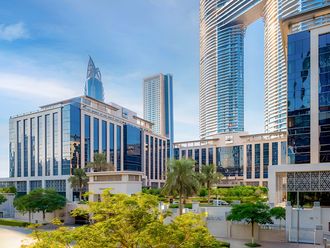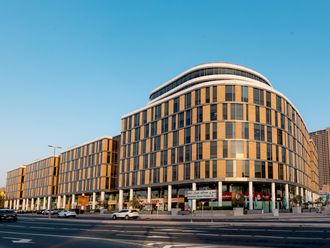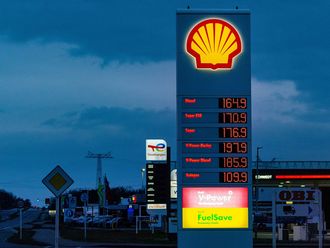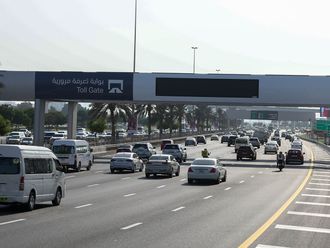Ankara: An army of Turkish cranes and bulldozers is at work across the Middle East, Central Asia and Africa, building dams, stadiums and highways in a boom that's helping drive Turkey to record growth and bolstering its efforts to become a regional power broker.
Frustrated by slow progress toward joining the European Union, Turkey's Islamic-rooted government is pursuing a strategy intertwining political influence with economic might in the developing world, particularly in Islamic countries and the former Soviet Union but extending in recent years across much of Africa.
Essential to the effort are the Turkish constructions firms at work in more than 80 nations, One is building Dubai's new Metro system in a joint venture with Japanese companies.
In parts of the Middle East and Central Asia, Turkish flexibility at handling complex laws give them an edge, experts say.
While Turkish builders don't yet rival their giant competitors in Europe, the US, China and Japan, the value of Turkish overseas projects soared from $750 million (Dh2,754 million) in 2000 to $23.6 billion in 2008, before sliding to $20 billion last year during the global financial crisis.
The government says it hopes to increase the volume of international contracts to around $50 billion by 2015.
Construction trade journal Engineering News-Record included four Turkish firms among the world's top 225 international contractors in 1999. Ten years later, that number rose to 31, the journal said.
Paul Barry, an international construction expert with London-based Navigant Consulting, said Turkish firms were becoming "very serious" rivals for international contractors.
"Because they can relate to Muslim cultures and are very competitive," Barry said.












